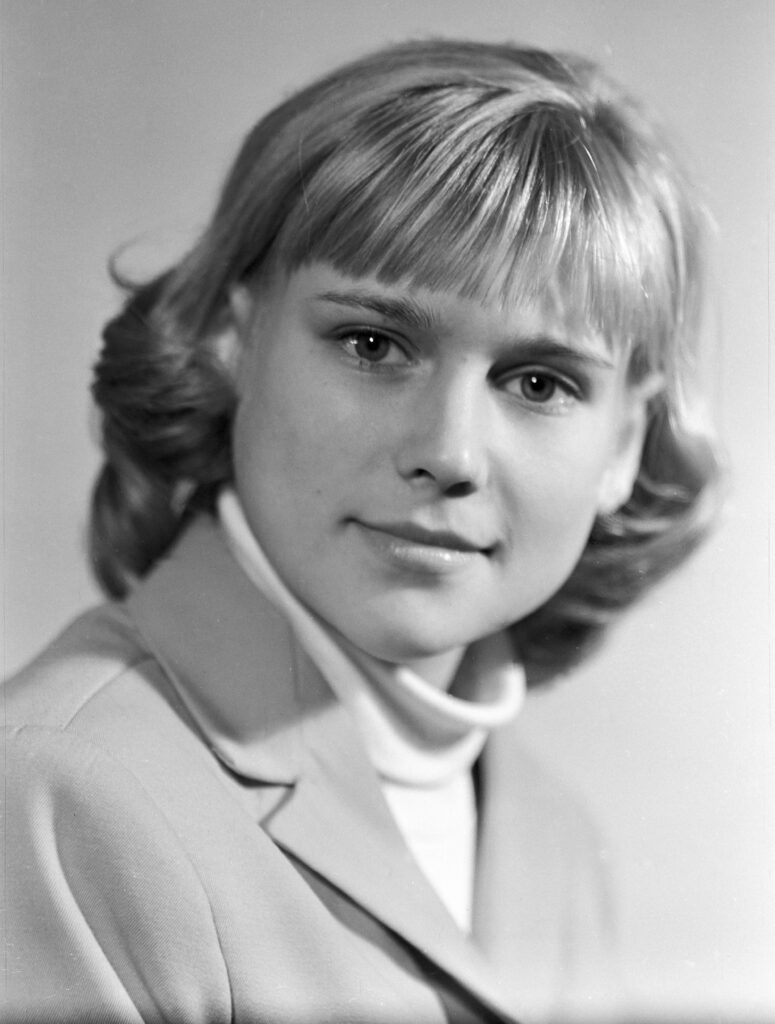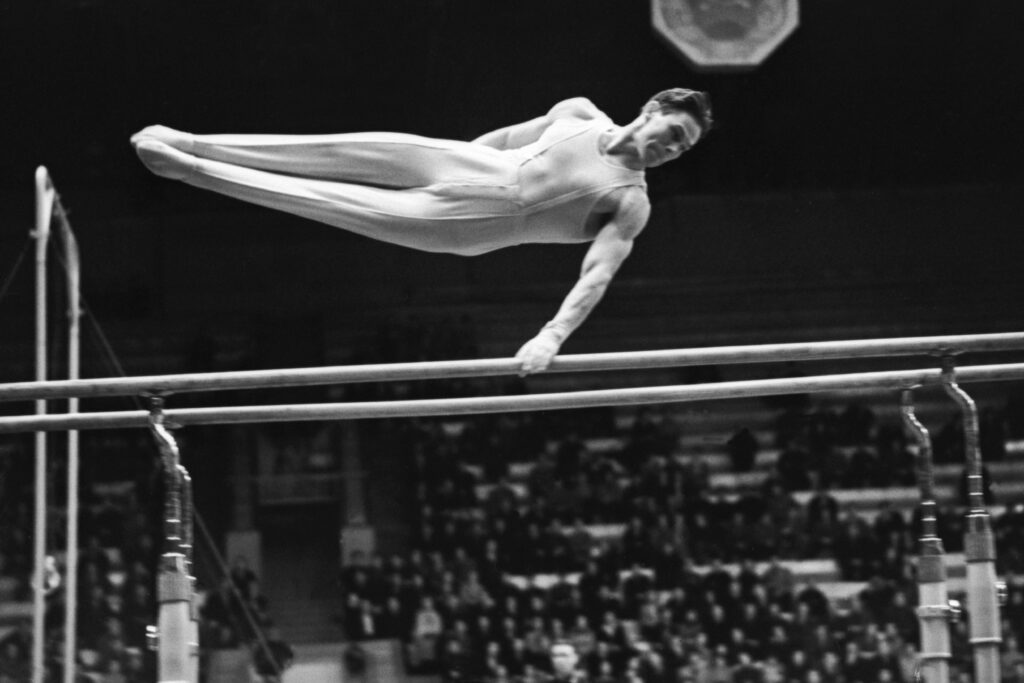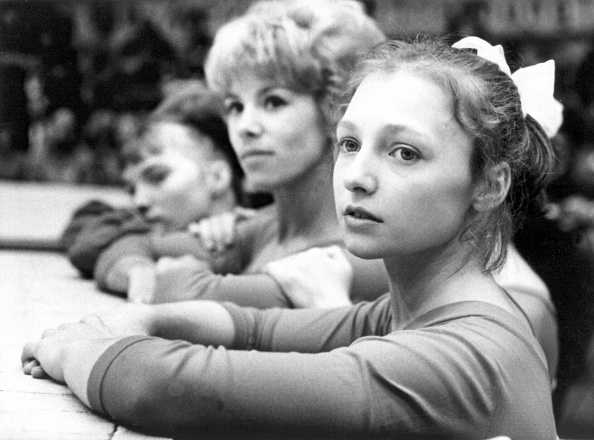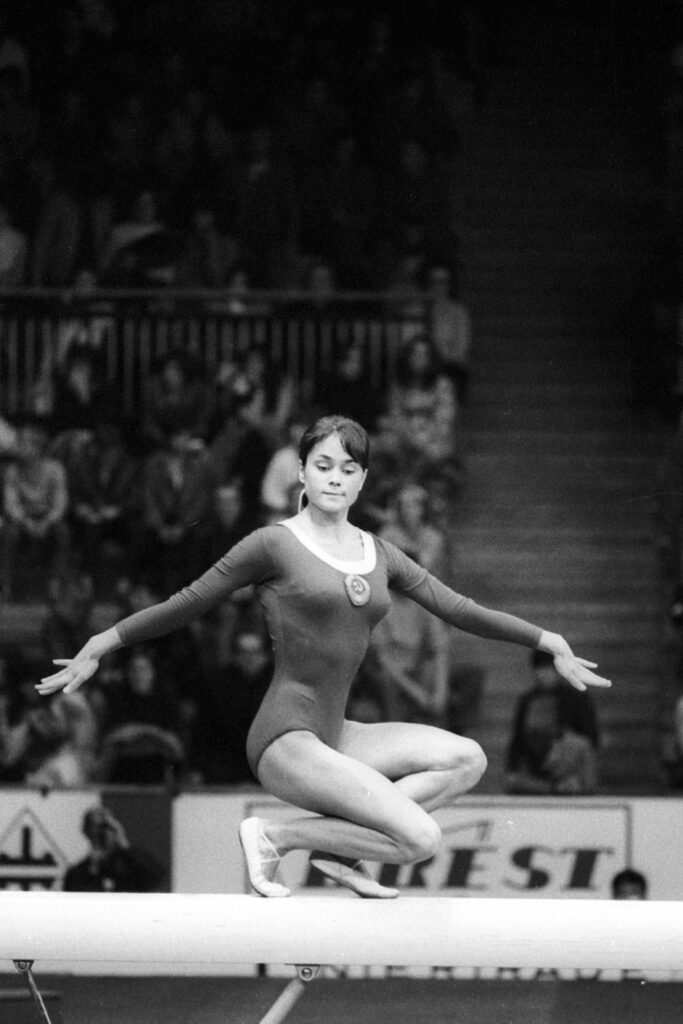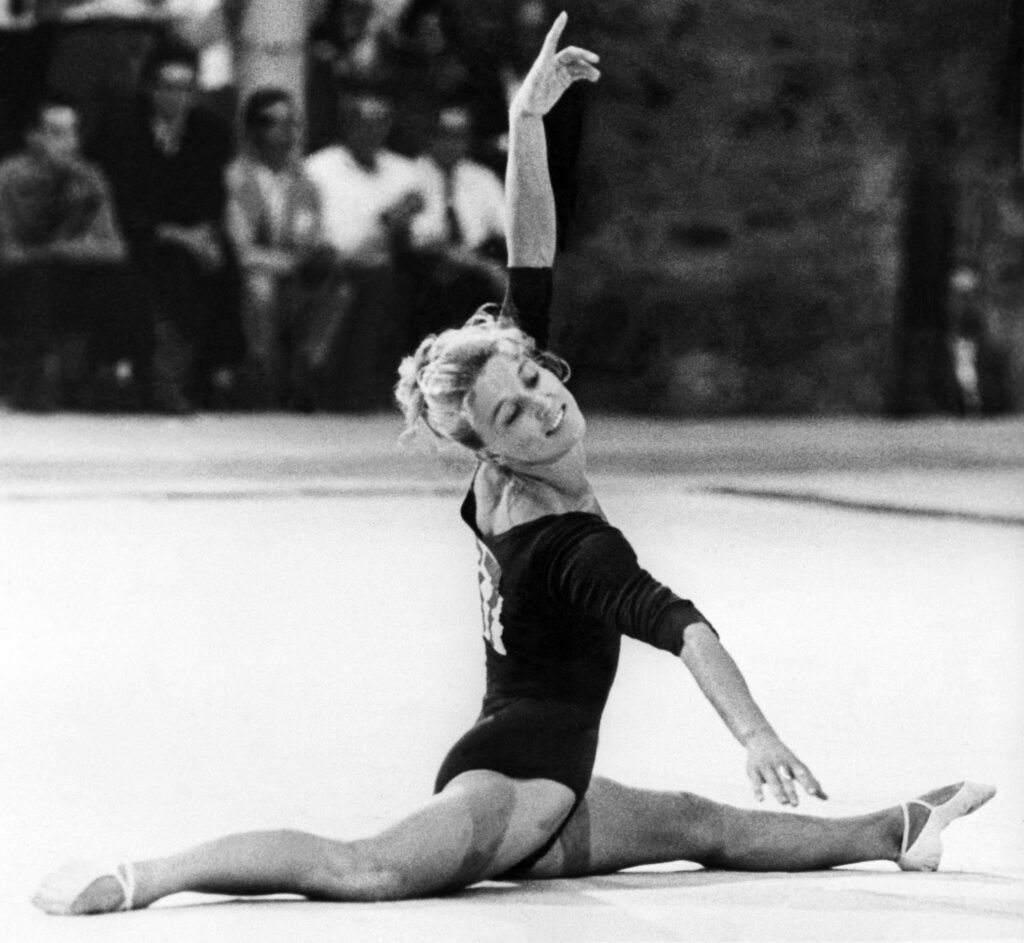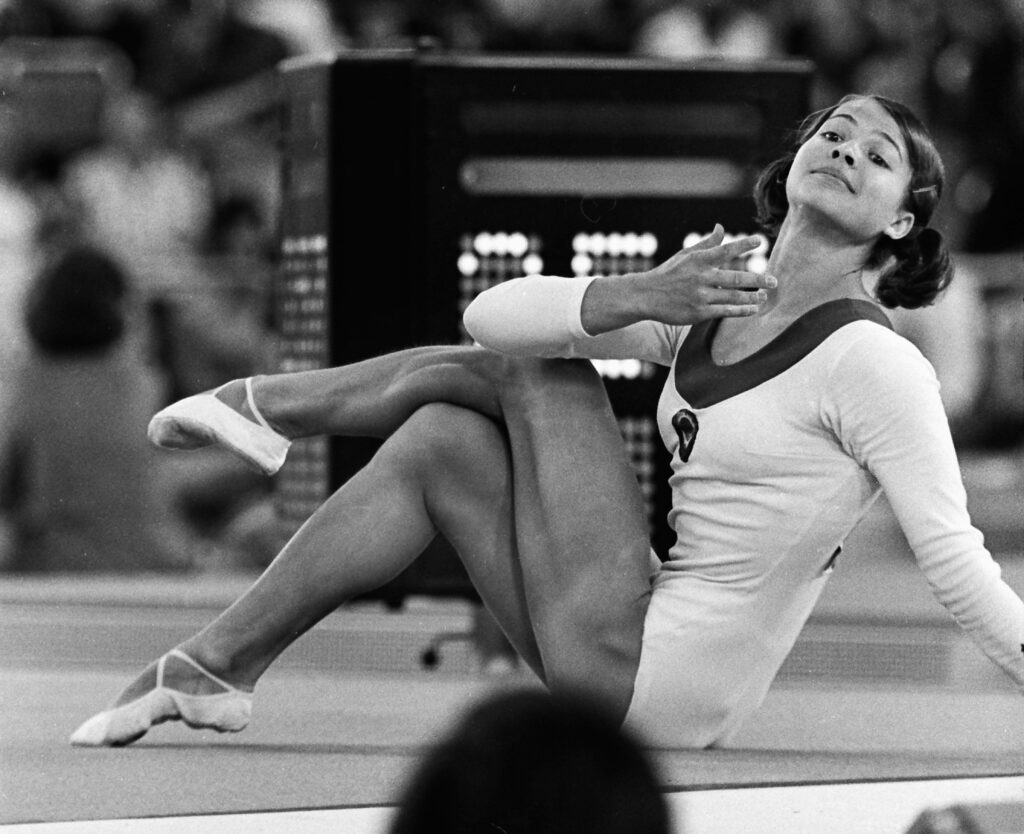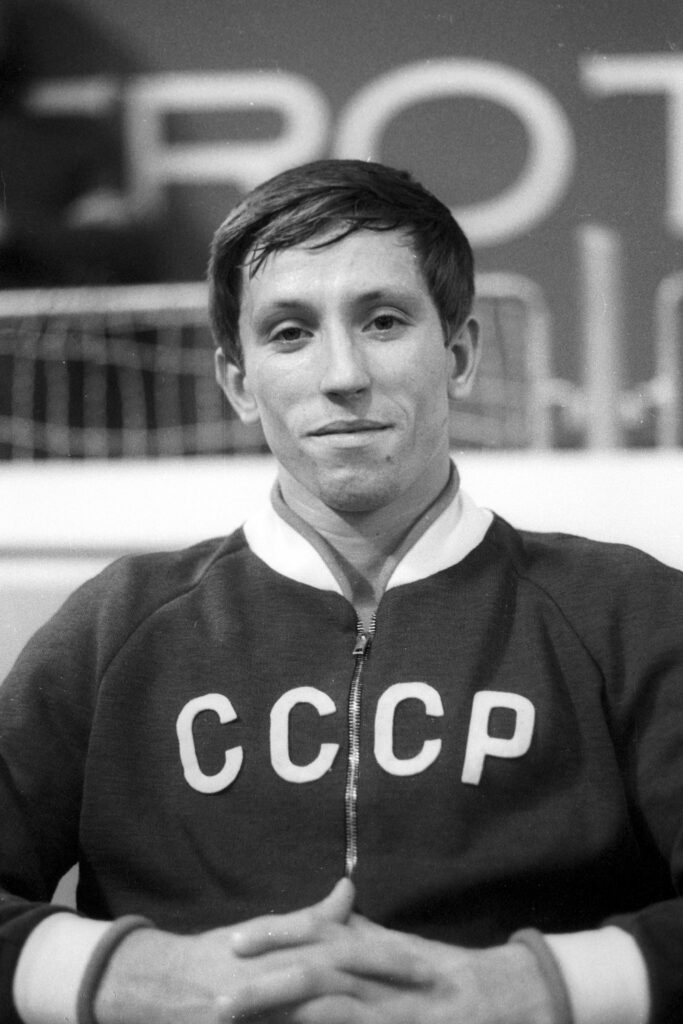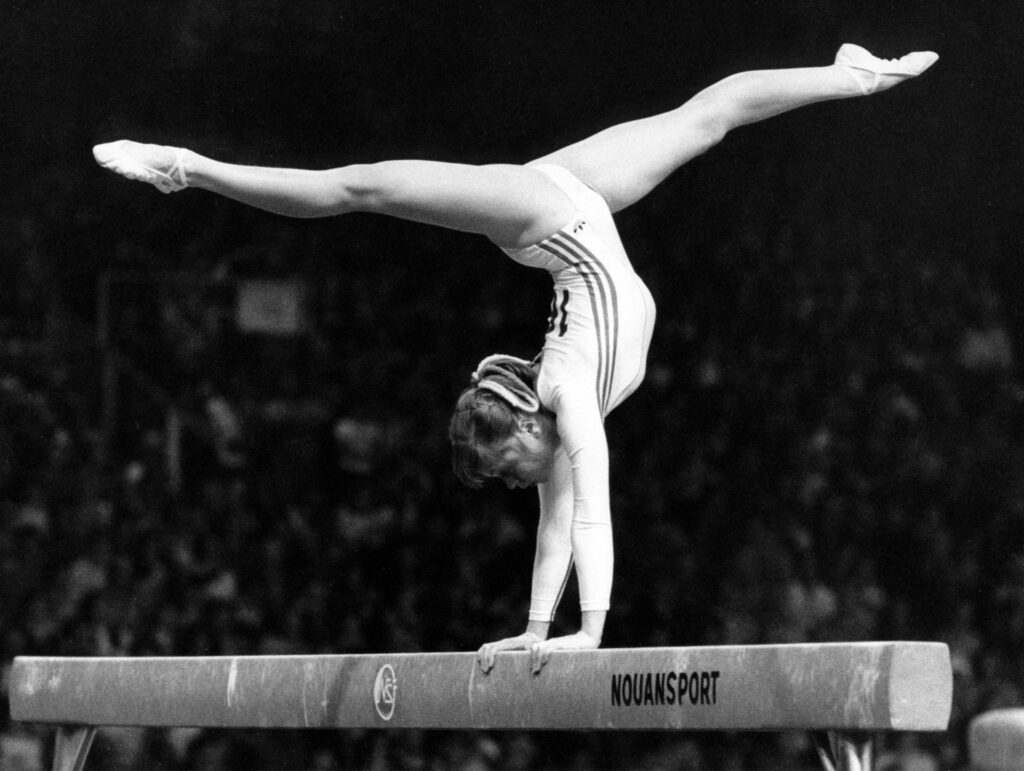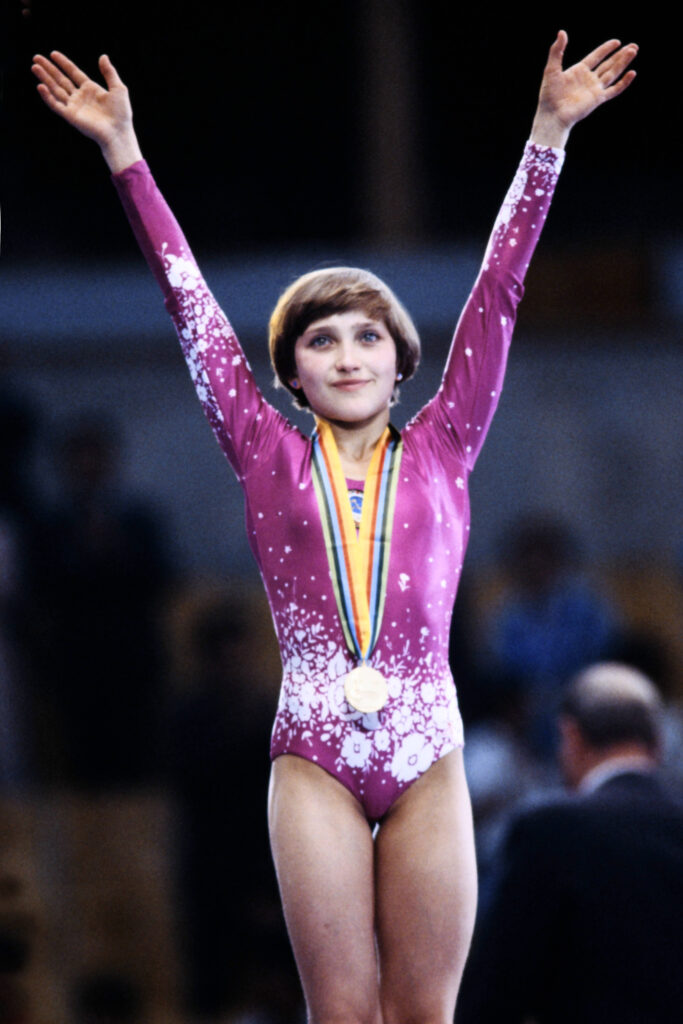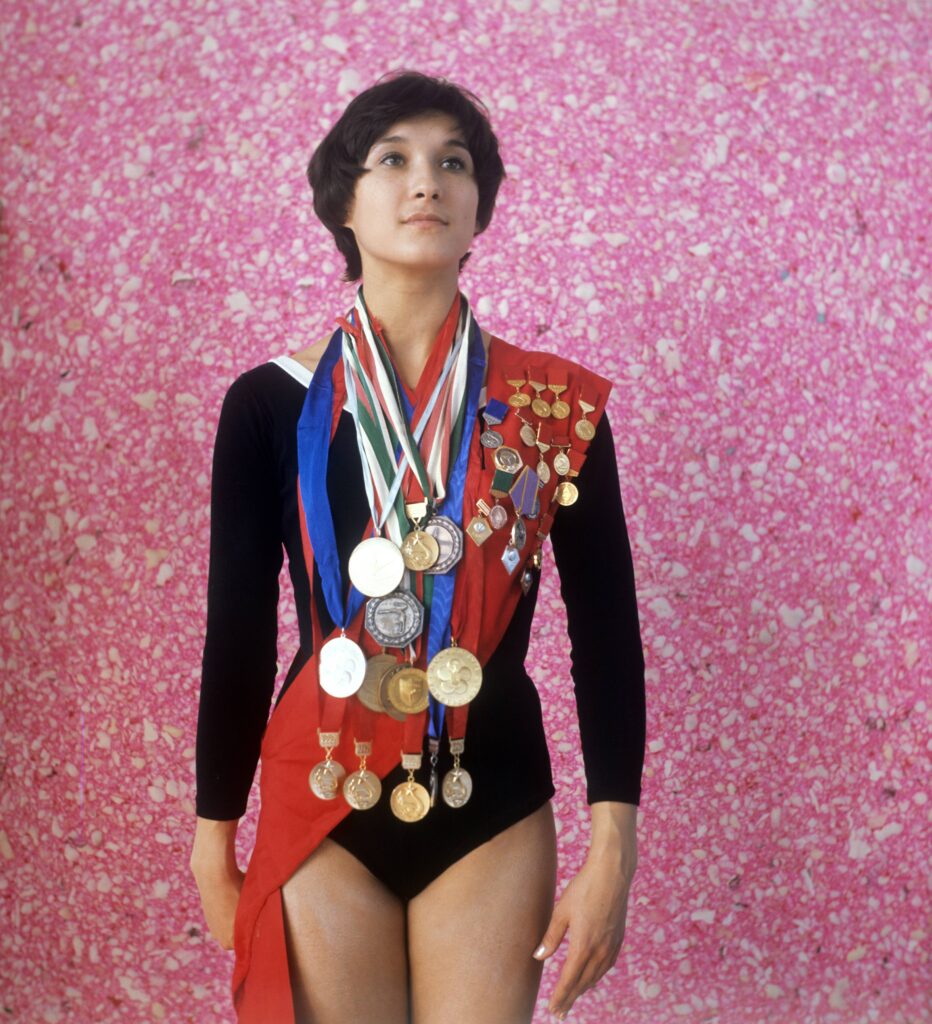Olga Karaseva won Olympic gold in 1968, became world champion in 1970, and won medals on every event at the 1969 European Championships—taking silver in the all-around and gold on floor. Her career blazed briefly but brilliantly, embodying the elegance that made Soviet gymnastics compulsory viewing in those years. But by twenty-three, she was finished competing and felt, as she puts it, that “no one needed me anymore.”
In this 1990 conversation with sports writer Gennady Semar, Karaseva examines what the Soviet system did to athletes: how it created champions and then abandoned them, how it corroded the moral foundations that once made sport meaningful. She speaks with unusual candor about the collapse of purpose after competition ends, the loss of expertise as former athletes drift into bureaucratic roles, and the absence of any social safety net once the applause stops. Yet she’s not bitter. She counts herself fortunate—her coaches were “people of high human qualities,” and she escaped both the coercive “stick” of brutal training and what she calls the “chemicalization” of sport, a process she describes as “the destruction of the soul” that ruins both health and integrity.
For Karaseva, the crisis isn’t only institutional or pharmacological—it’s spiritual. Athletes, she insists, must be understood not as expendable performers but as whole people whose cultural development, imagination, and artistry are inseparable from their physical achievements. To save sport, she argues, means recognizing athletes as creators, not gladiators.
Note: Olga Karaseva passed away at the end of October at the age of 77.
